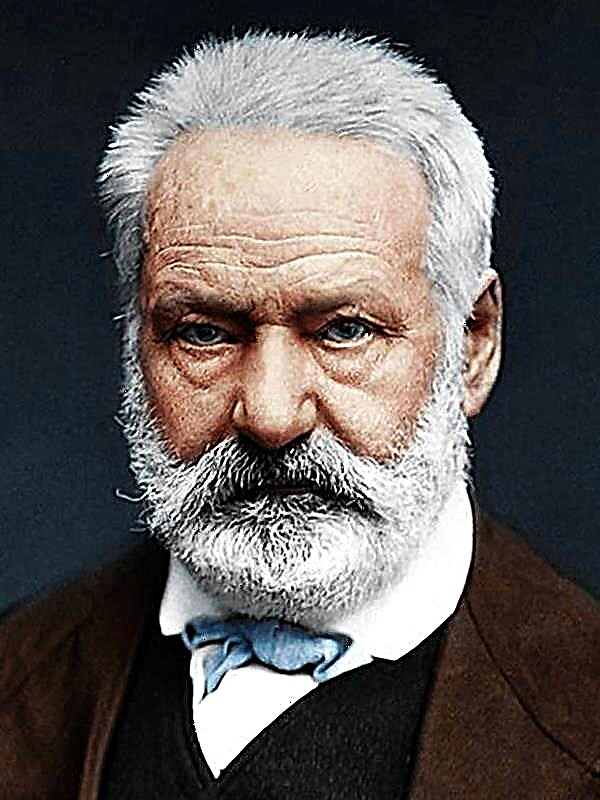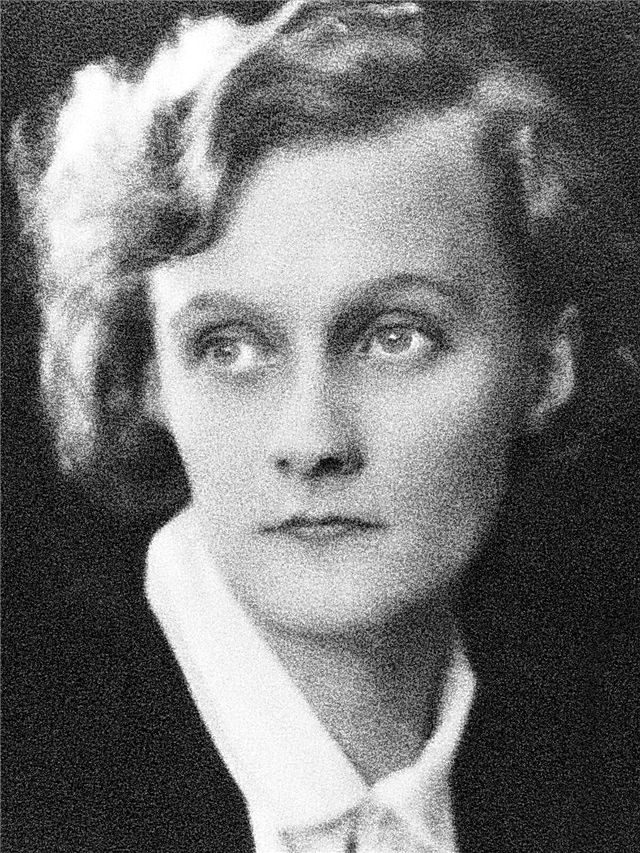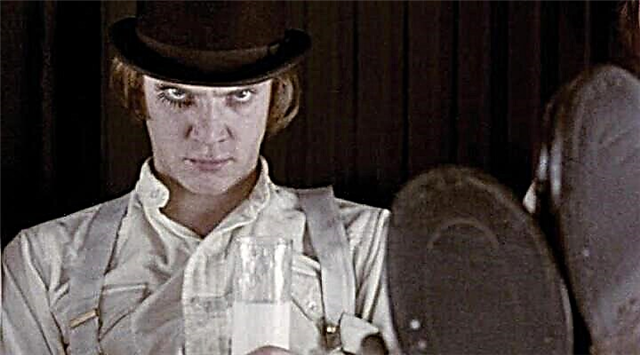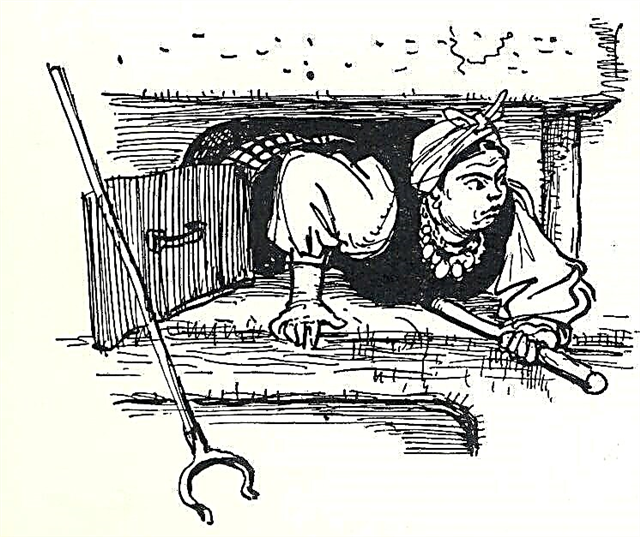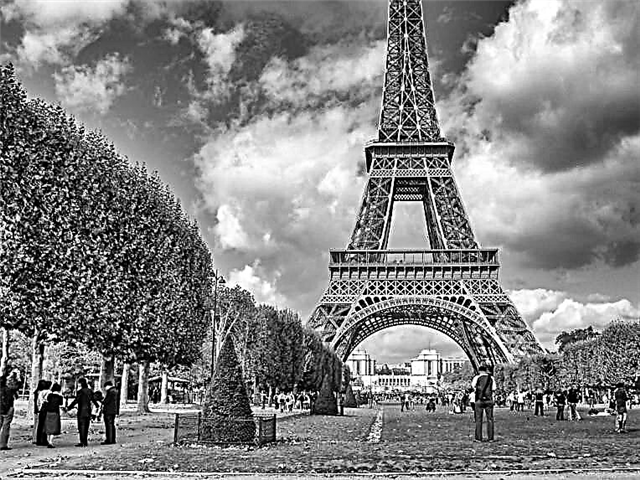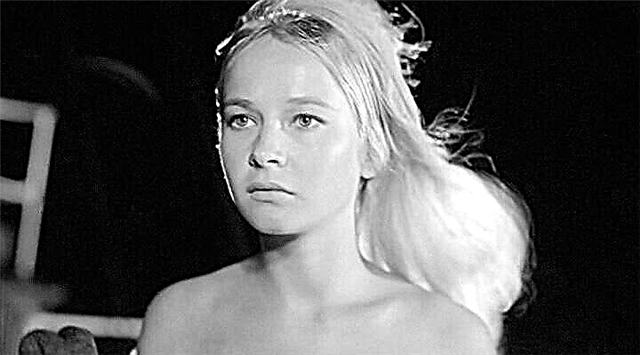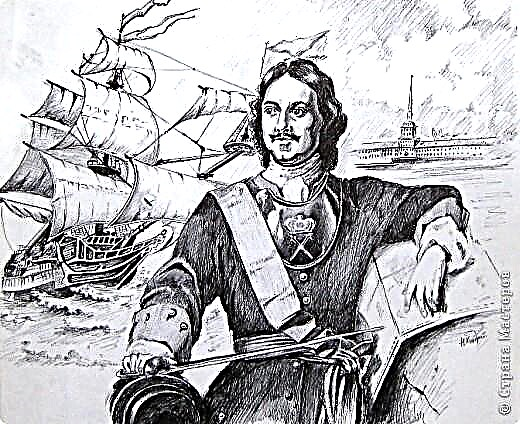The action takes place at the beginning of the XIX century. The narration is conducted on behalf of the protagonist. In a secluded quarter of Geneva, in a house located near St. Paul’s Cathedral and the Episcopal Prison, a contemplative young man grows up who has lost his parents early and is being taken care of by his uncle. He studies under the strict supervision of Mr. Rathen, a mentor and educator, not only in matters of science, but also in morality. Jules is a diligent teenager, but in addition to respect, the teacher makes him laugh as well, he is not averse to overwhelming Rathen with an “unreasonable” laugh at the wart with hairs on the nose of the mentor.
The boy gradually becomes a youth, a premonition of love is in his still childish consciousness. When reading pastorals, the images of young shepherds fill his heart. However, Mr. Rathen, a man of extraordinary education and chastity, is trying to protect Jules from any hints of feeling by skipping entire pages in essays that talk about the vicissitudes of love. But, as Jules, an adult, observes, telling and analyzing his story from the top of past years, such education instills a lot of prejudices, and prohibitions that suppress feelings do not pacify them. For the blots perpetrated on the pages of the Notes on the Gallic War, Rathen punishes his pupil by not allowing him to leave the room for two days. The boy rejoices in forced idleness, feasts on hot pies, gives free rein to his observation during the fight of a neighbor's cat with a rat. Wanting to scare the cat, he accidentally breaks the lock on the door leading to his uncle's library. Here, Jules is attracted by a book that the rat managed to partially bite. In a dictionary entry, he reads about the love of the abbesses Eloise and Abelard. Jules is struck by the letters of Eloise, written in Latin. The love story ignites the boy, and he is carried away into the world of the Middle Ages, experiencing the sweet delight of fiction.
The thirst for feeling is embodied in Jules' first hobby. His dream is a young Englishwoman, Lucy, attending sessions of the painter accompanied by her father. This is a skilled portrait painter, able to appease the “sprout of vanity" that grows in every person. He has the talent to portray people like themselves and at the same time - beautiful. Typically, the artist hangs out the work for drying on the rods nailed to the window, and then Jules can examine them.
Left locked up, the young man in love decides to get into the workshop through his uncle's library to see the portrait of Lucy. But an unsuccessful fall arranges an incredible rout in the painter’s room. Jules examines the portrait, then returns to his room, not imagining how to explain to Ratin what happened in the studio. The witness of the boy’s adventures is a criminal who has recently been sentenced to life imprisonment watching from a prison window. Singing psalms, he plays on the pity of Jules. The moved youth gives him the Bible, and at the same time a file, to relieve him from the excruciating pain caused by the shackles. At this time, the artist is struck by the chaos that reigns in the workshop. Jules is ready to confess everything, however, the prisoner is deceiving the painter, telling a tale about raging cats. Unsatisfied with the explanation, the artist, together with Mr. Rathen, explores the room with his uncle’s library, since he could climb out onto the roof and then get into the workshop only from there. Jules hears that Rathen finds his handkerchief, and the gendarmes report the escape of the prisoner.
Driven by remorse, shame and fear, the young man flees to Lausanne, hoping to find understanding and protection with his uncle. Along the way, enjoying the greatness of the Alps, he calms down and begins to believe in the happy outcome of misadventures. Suddenly, an Englishwoman’s carriage stops in the path of Jules, her father, a venerable noble old man, offers help. Jules admits his deed, but Lucy and the old man forgive him. Good Englishmen take the fugitive to Lausanne and hand it to Uncle Tom. Further, Jules tells how his youth ended.
Three years have passed. Now Jules is an eighteen-year-old student dedicated to the study of jurisprudence. Often he is distracted from classes and stands for a long time at the window, watching the street, the roofs of houses, looking towards the sky, rejoicing in the rain. This "useful idleness" allows him to plunge into thought, to connect with the infinite space of the outside world. Jules lives with Uncle Tom, who “reads, compiles notes, compiles, formulates his thoughts and collects in his brain the quintessence of the thousands of volumes that his room is set up to”, his whole life is serving science and forgetting the reality.
Jules heart revives a feeling for a stranger, passing daily past his windows. One day she turns to Uncle Tom for a Bible written in Hebrew to read to a dying old Jew. Seeing the girl, Jules involuntarily gasps, she catches his enthusiastic look and then blushes. From a conversation with his uncle, the young man learns that his lover is Jewish, but this attracts Jules even more. Having built a stand from books, the admirer watches the windows of the hospital, examining the beautiful Jewess at the head of the sick old man. But the tomes scatter with a roar, an uncle rises into the room, alarmed. The young man cannot explain his behavior, and his uncle decides that he is sick. In confusion, Jules is forgotten, he dreams of the favor of his lover, waking up, the young man decides to explain. Having made a scarecrow, Jules covers him with his blanket and runs to the library. At the time when the uncle comes down to visit his nephew, a girl comes. Jules opens the door for her. Both are in some confusion. A young man hides in a room, and a beautiful Jewess meets a returning old man and talks about the incident. Uncle Tom finds this incredible. While he is looking for a book, the guest smiles over the page of some tome. After her departure, Jules studied the book, trying to find the place that his lover liked. Finally he succeeds, he reads about the love of a timid nobleman, like Jules, for the sake of meeting his beloved hiding in the room. Then the young man understands that he can hope for reciprocity. He hurries to the hospital to meet the girl, but finds out that the old Jew is dead. A few days later, Uncle Tom was given the Bible, in the registry to which the beautiful Jewess asked to give the book to Jules in memory of her. The girl died from smallpox.
Jules is worried about the loss of his beloved, he opens before his uncle and finds support in him. With the death of her lover, Jules says goodbye to his youth. Time heals wounds, but the young man is haunted by thoughts of death. He throws classes right, feeling a vocation for painting. At first, uncle impedes Jules, but then blesses him in the field of the artist. And the young man indulges in an attraction to art, making sketches while walking.
Suddenly, Jules meets Lucy and her husband, dressed in mourning for her father. The Englishwoman gets acquainted with the work of Jules and orders copies from the portrait of his father.
The young artist works in the attic, divided by a partition into two parts, a land surveyor is located in the neighborhood. His daughter, the timid, shy girl Henrietta, brought up in severity and simplicity, attracts the attention of Jules. Every morning, heading to his part of the attic, he meets Henrietta on the stairs. Jules falls in love with a girl. This time, feeling that his dreams were destined to come true, he seriously thinks about marriage. But the lover does not have enough determination to open Henrietta. Case comes to the rescue. Lucy, inquiring about working on copies, begins a conversation about the surveyor's daughter. Jules, knowing that behind the partition Henrietta hears everything he says, confesses his love for her. After some time, a surveyor comes to the artist, they are talking about a possible marriage and about whether the artist is able to support a family. Lucy again helps Jules by paying a large sum for copies and making a new order, and then recommending it to his compatriots. Henrietta’s father agrees, believing that the highest value in marriage is not wealth, but mutual trust and love of work. Uncle gives the groom a small fortune bequeathed to Jules' parents, in addition, he decides to sell his library to ensure the future of the young spouses. After his marriage, Jules enters the family of a surveyor, thanks to his work and the patronage of Ayushi, he becomes famous and lives in abundance.
Two years later, Uncle Tom dies, and Jules, mourning his death, writes a letter to Lucy, emphasizing the common thing in their fates - the loss of a loved one.

